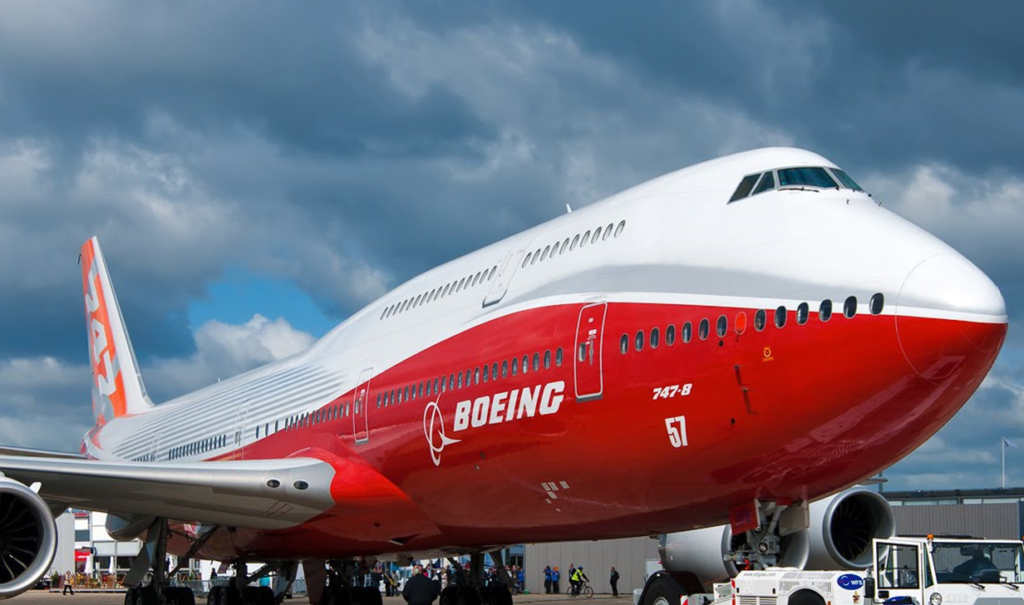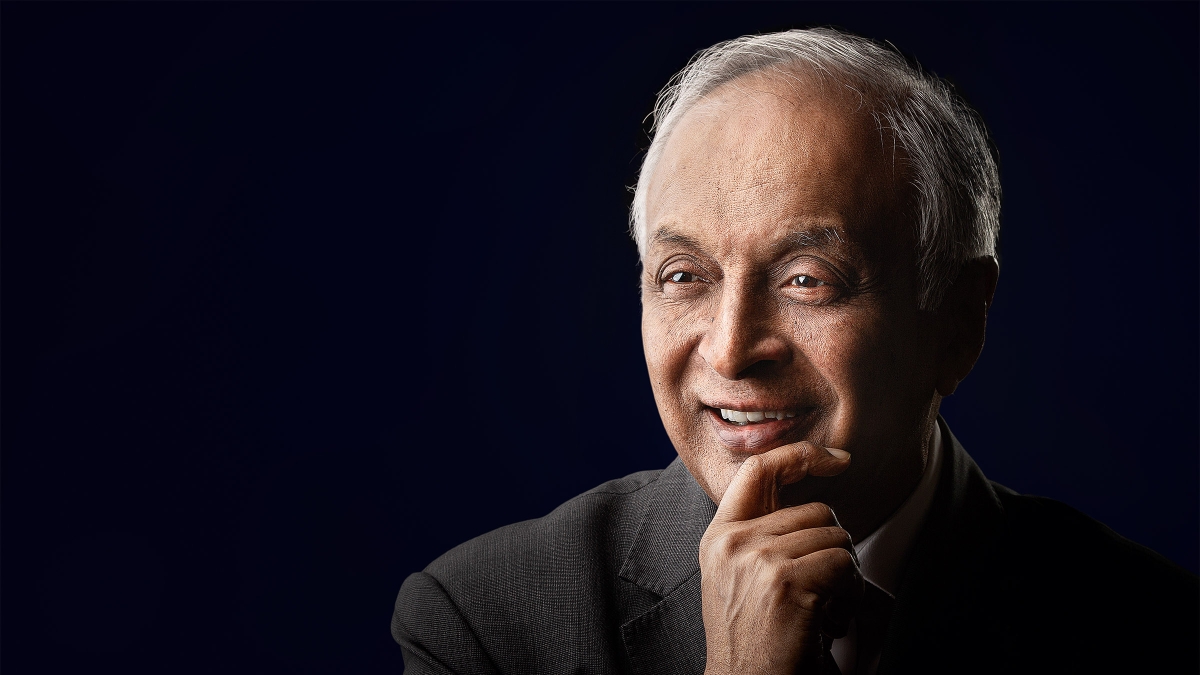ecoDemonstrator Program’s next phase revealed by Boeing
Boeing has revealed its ecoDemonstrator flight-test program’s plan for 2023. The initiative’s objective is to evaluate 19 technologies on its current Boeing 777 ecoDemonstrator while also introducing “Explorer” planes for testing specific technologies.

The initial ecoDemonstrator Explorer will be the Boeing 787-10 Dreamliner. In June, this aircraft will undergo flight tests to demonstrate how the coordination of aircraft navigation across various international airspace jurisdictions can decrease emissions. By flying from Seattle to Tokyo, Singapore, and Bangkok, the data collected will hopefully improve operational efficiency by reducing the airplane’s fuel consumption and emissions by up to 10%.
The air navigation service providers in the US, Japan, Singapore, and Thailand will collaborate with the Boeing 787-10 Dreamliner to optimize its flight routes across multiple airspace regions. The team will use the aircraft’s existing onboard capabilities and consider various factors like air traffic, weather, and airspace closures to achieve the most efficient path.
Moreover, the aircraft will utilize sustainable aviation fuel during its journey, making sure to fly with the highest available blend at each stop. Stan Deal, CEO and President of Boeing Commercial Airplanes emphasized the importance of combining innovative technologies to reach our climate objectives:
“To support our industry’s goal for net zero carbon emissions by 2050, Boeing is expanding our ecoDemonstrator program with Explorer airplanes to test even more sustainability-focused technologies. We are committed to investing in innovative solutions that reduce fuel consumption, emissions, and noise while working with governments and industry partners to promote sustainability at every stage of flight.”
Building on the past decade
Boeing’s flagship ecoDemonstrator aircraft, the Boeing 777-200ER (Extended Range), will continue to fly this year while testing 19 sustainability technologies. Among the standout features is the use of sustainable wall panels in the cargo hold, which consists of 40% recycled carbon fiber and 60% bio-based feedstock resin. Another technology undergoing testing is the fiber optic fuel quantity sensor, which aims to ensure compatibility with 100% Sustainable Aviation Fuel (SAF).
Since 2012, Boeing has implemented its ecoDemonstrator program, sending newly developed technologies from the lab to the operational environment. The program aims to try approximately 250 technologies by the end of its 2023 plan, with the goal of decarbonizing aviation, improving operational efficiency, enhancing safety, and improving the passenger experience. One-third of the technologies tested in the program have been incorporated into Boeing’s products and services.
During a recent announcement, Boeing Chief Sustainability Officer Chris Raymond emphasized the significance of teamwork, stating that the industry will require fleet renewal, efficiency gains, renewable energy carriers like sustainable aviation fuel, and advanced technology to meet the civil aviation industry’s goal of achieving net-zero carbon emissions by 2050. Raymond also cited the success of the initial Explorer testing program, which involved partnerships with aviation stakeholders in four countries to optimize operational efficiency and reduce emissions.
Boeing’s ecoDemonstrator program continues to innovate, with the latest addition being the Dreamliner. Alaska Airlines partnered with the manufacturer in 2021 to contribute a future 737 MAX 9 model for the initiative, which is part of a long line of ecoDemonstrator aircraft.
Also Read: Indian Aviation News
Private & Non-scheduled Charter operators in India
Go through, the Mall of Aviation
For the best HELIPAD CONSULTANCY



